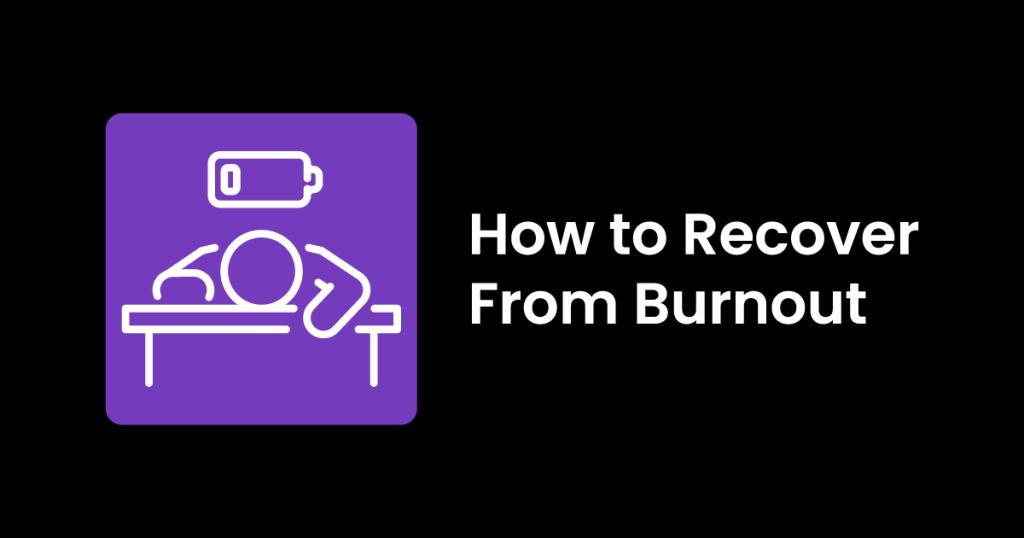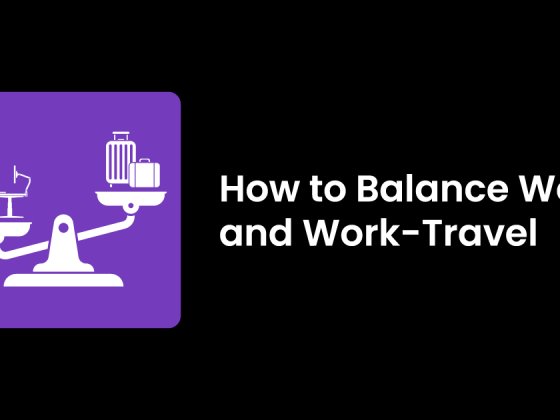When it comes to burnout, we sometimes don’t recognize the signs until it’s too late. If you’ve recently felt completely drained, overwhelmed with stress, mentally and physically exhausted, lacking motivation or feeling self-doubt and low self-esteem, you are likely experiencing burnout.
While the road to recovery can be long and difficult, it is possible. It’s vital you take immediate steps towards resetting your mind and body once you notice the signs to avoid the long-term negative effects of this extreme chronic stress.
Here are some ways you can recover from burnout and rediscover your love for life and your job:
Speak up for yourself
Be honest about how you feel to your boss or a manager and work together to identify ways to reduce your workload and prevent overworking. Really think about why you are feeling burnout and address that problem. Whether that be by asking to take some tasks off your plate, requesting projects that align more with your interests or even changing your position in the company, identify where the stress is coming from so you can address it at the source. It’s also important to know when to say no. If you already feel overwhelmed and overworked, do not add any more projects to your workload.
Ask for professional help
There is no shame in seeking help from a licensed therapist or trained psychologist. Therapy provides a safe space to facilitate healing and develop strategies to overcome burnout.
Psychology Today is a good resource for finding therapists in your area.
Implement a regular workout routine
Moving your body can release a lot of tension by producing endorphins. Try to find the time to exercise whether you have an hour to go to a workout class or just a few minutes to do yoga, take a walk or run.
Create a work-life balance
One of the main reasons people experience burnout is because of an imbalanced relationship with work. Take the time to block off your calendar with a strict start and end time for your work day. If those hours are not enough to complete your work, then it’s time to talk with your boss or manager about delegating some tasks to someone else.
Next, make sure you are taking advantage of vacation days. They’re there for a reason! Plan a fun solo or group trip, silence your work messages and take some time to yourself. Embrace the phrase “I work to live” rather than “I live to work.”
Create a healthy sleep and eating schedule
Taking care of your physical health is one of the most critical steps to take toward recovery from burnout. When you don’t get enough sleep, you aren’t just harming your mental health. You’re putting yourself at risk for issues like weight gain, high blood pressure and a weakened immune system, to name a few. It is recommended that you get at least 7 hours of sleep each night.
Eating well may help you look better, but most importantly, it makes you feel better. Try eating fresh, wholesome meals to boost your immunity. A nourished body will make you less vulnerable to stress and fatigue. If you struggle to find time to sit down for a big meal like lunch, spread your eating out across the day. Just ensure you give your body the nutrients it needs to function.
Stress is unavoidable in life and work, but that doesn’t mean it needs to be a constant. These are just a few strategies you can develop to combat burnout and get yourself back on track to recovery and, eventually, prevention. Work is important, but your health is more important. Find your balance, advocate for yourself and start healing. You’ve got this!



